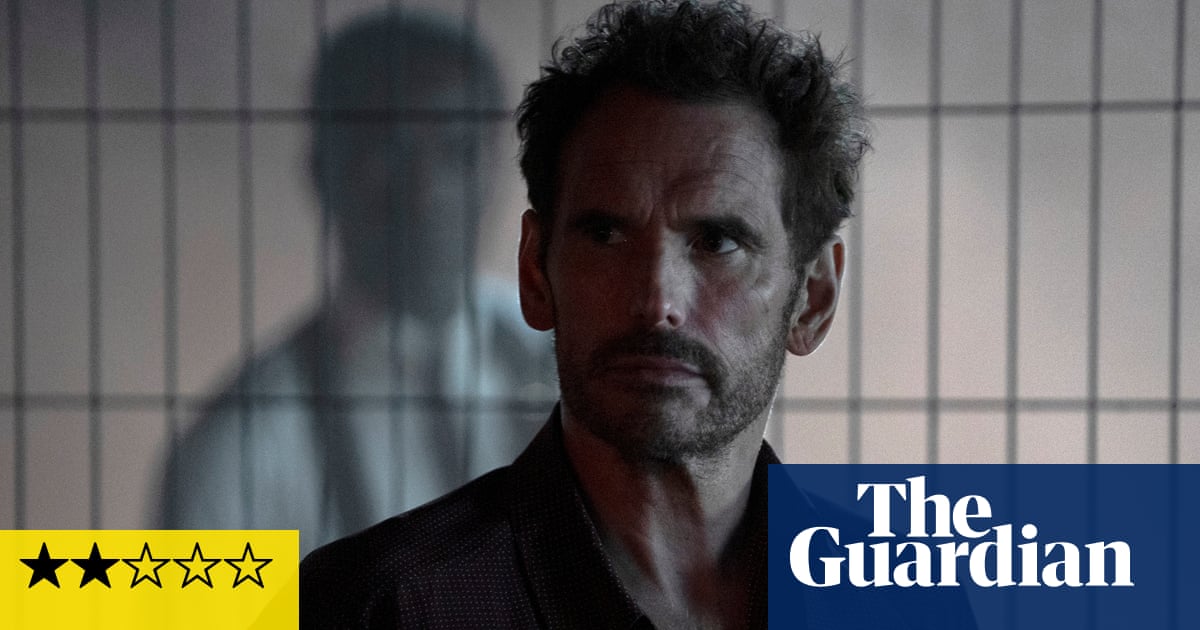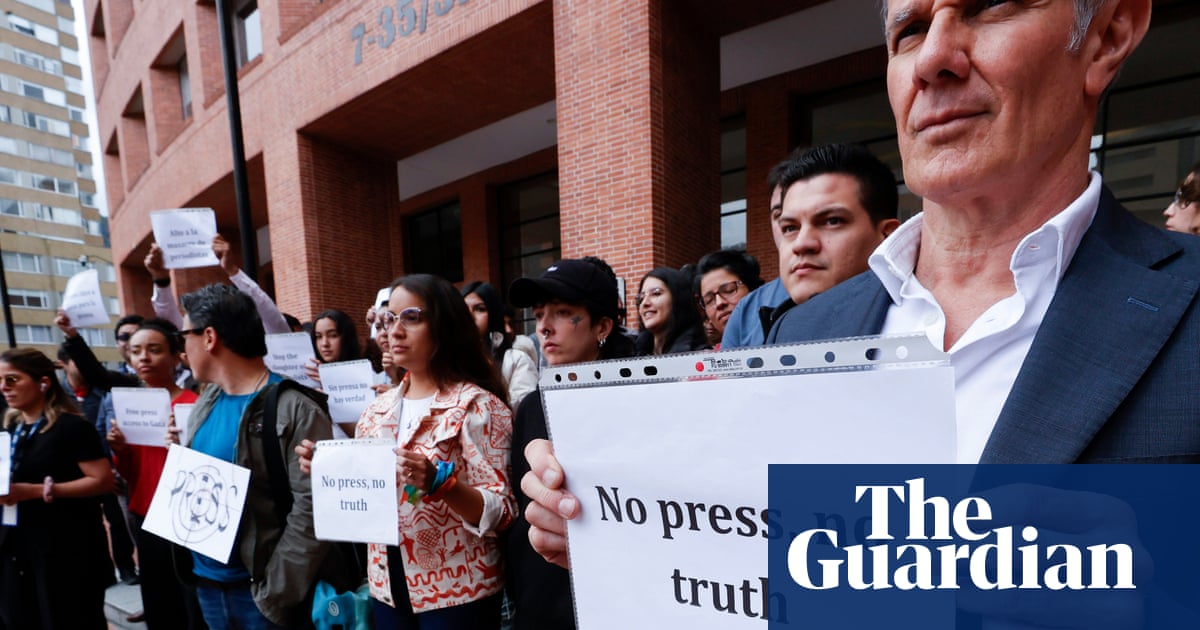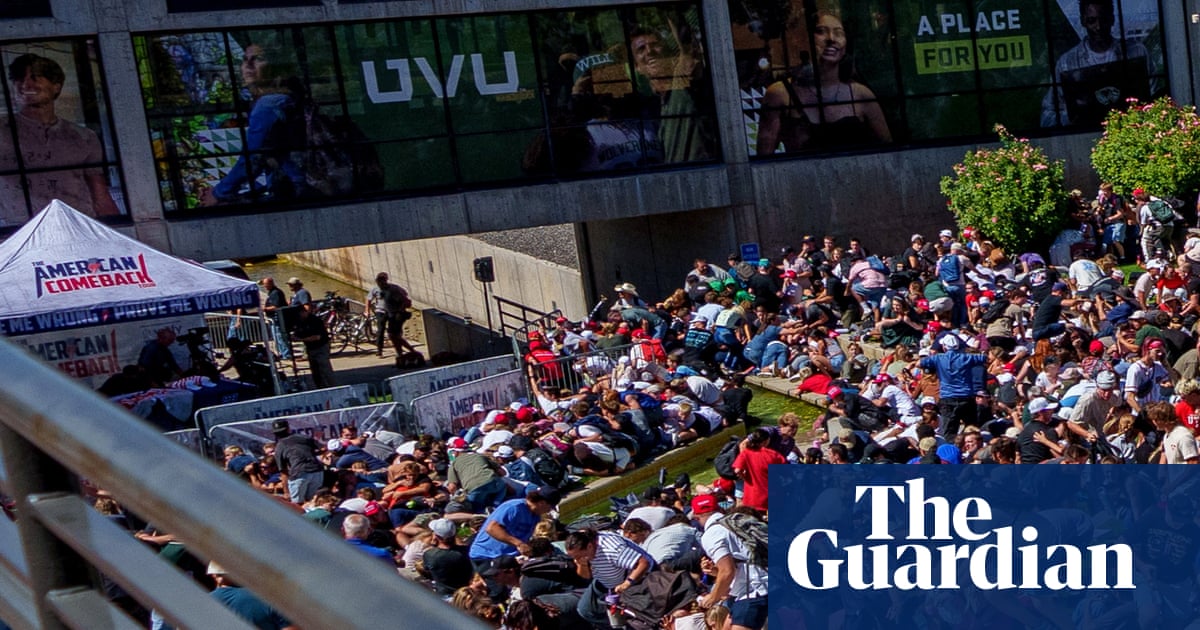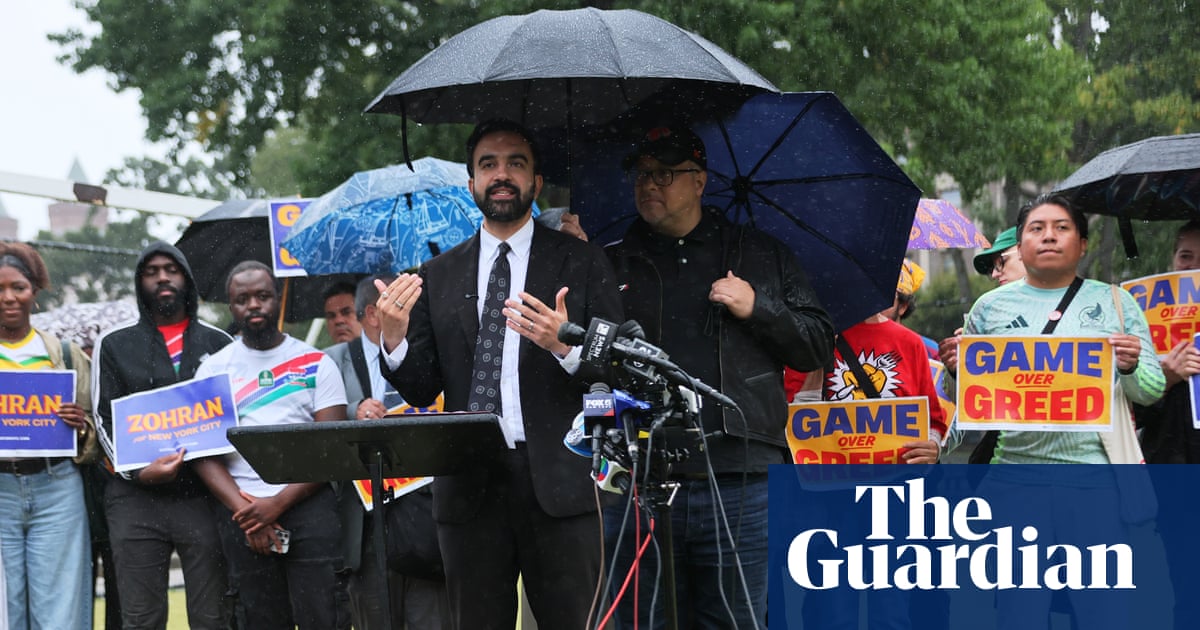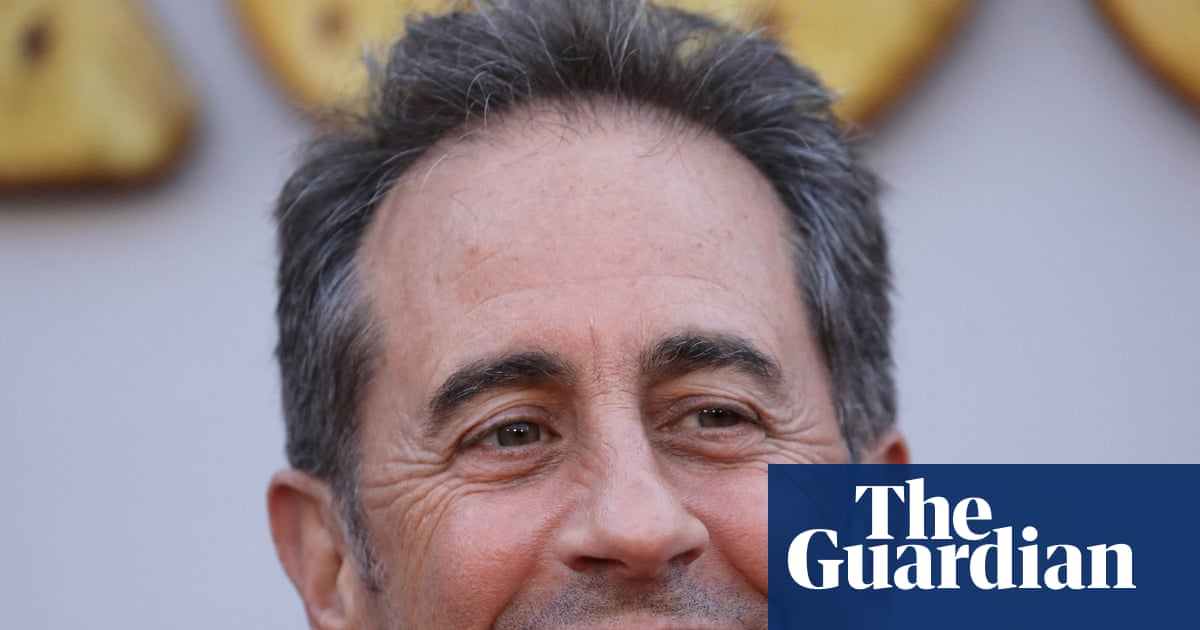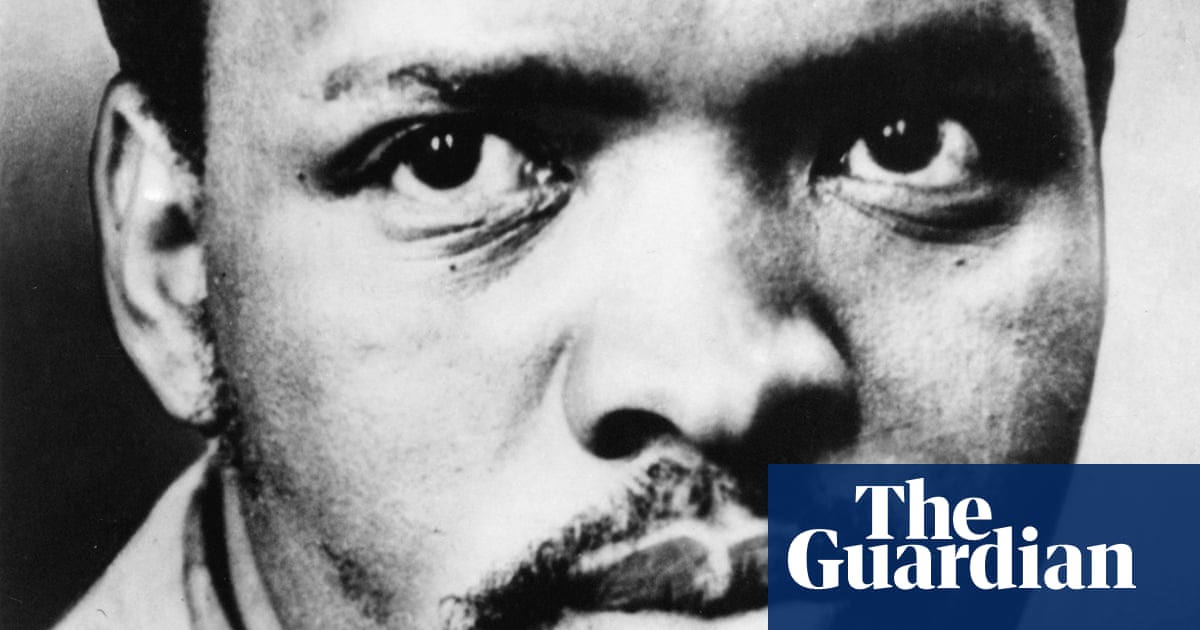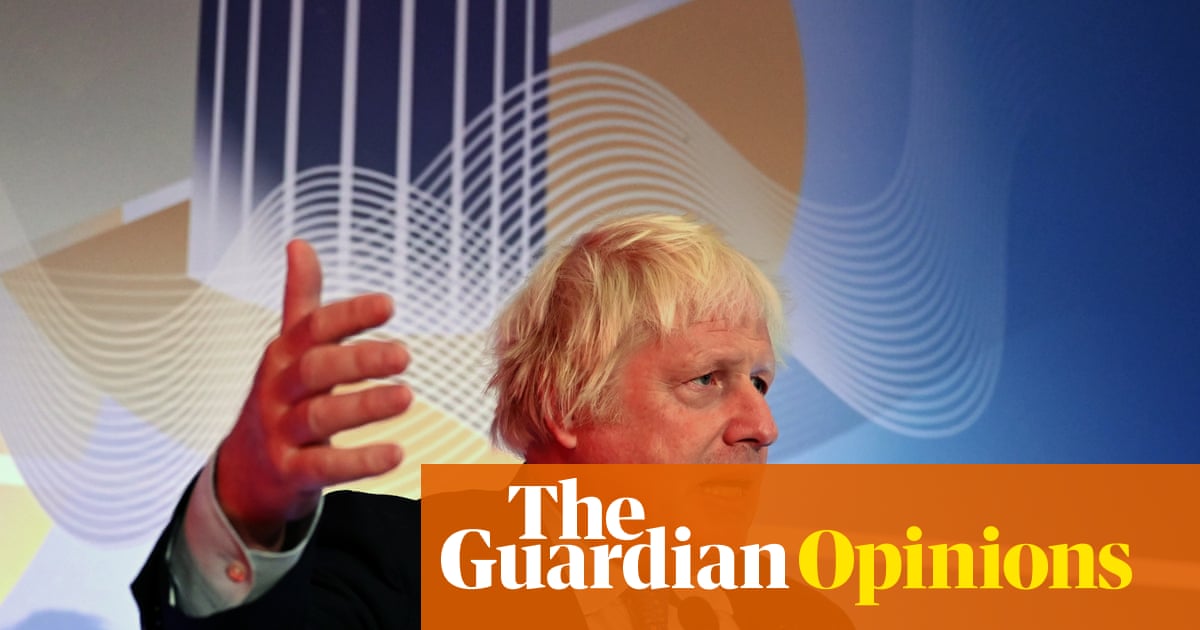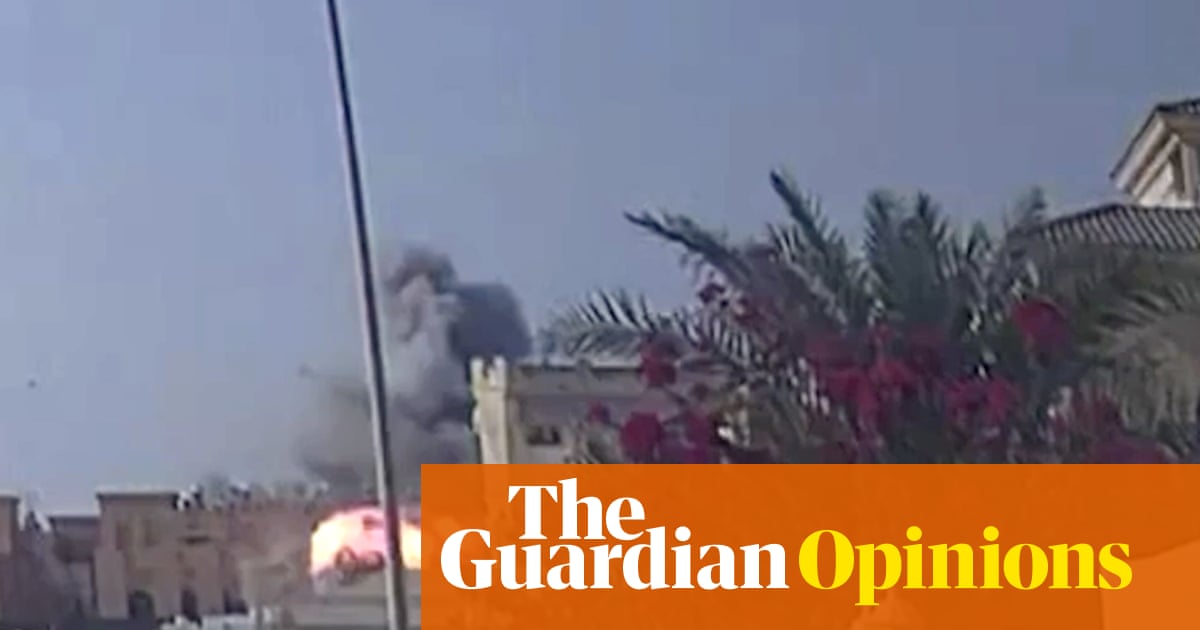Collecting her 10-year-old son from primary school in Bucharest’s crumbling Ferentari neighbourhood, Georgeta Petre was quite sure who she would be casting her ballot for on Sunday, and why.
“I hope he will change things,” she said. “I hope he’ll do things better. Everyone before him just … lied. Look around – we can’t continue like this. I can’t afford food, or clothes for the children. I’m voting for George Simion. He will be different.”
Twenty minutes’ drive away, chatting with a gaggle of colleagues outside the gleaming glass-and-concrete offices of his employer, Cosmin Ispas, a 31-year-old corporate lawyer, was equally clear.

“I get that people are pissed off,” he said. “I get that they want change. But they don’t see that the change Simion is proposing is an illusion. It’s just words: sovereignty, tradition … Nicuşor Dan may not be perfect, but he’s serious, responsible. The choice between him and fascism isn’t hard.”
Days before a pivotal presidential election rerun that could set the face of their country for a generation, Romania’s voters are profoundly, hopelessly polarised. “For the first time in recent history,” said Cristian Pîrvulescu, a political scientist, “Romania is in real danger.”
Simion, an impetuous, hard-talking, Maga-style ultranationalist who many observers fear could drag Romania from its hitherto steadfastly pro-European trajectory, won almost twice as many first-round votes as Dan, the independent mayor of Bucharest.
In recent days the gap between the two has closed, with the more low-key Dan, an articulate, socially conservative mathematician known for his battles against corrupt property developers in the capital, performing strongly in a head-to-head TV debate.
But the contest is Simion’s to lose, and – with Romania under caretaker government and experts predicting a Simion win could lead to a far-right administration in the near future – the country seems headed for at best damaging instability, and at worst a sharp anti-system turn.
The far-right candidate stepped into the shoes of another ultranationalist firebrand, Călin Georgescu, after the original first round last November was cancelled amid allegations of Russian meddling and campaign finance violations – something fiercely criticised by the global right, not least the US’s vice-president, JD Vance.
Georgescu, who surged from nowhere to win that ballot, was barred from competing in the rerun.
On the capital’s south-western fringe, Ferentari is often described as the city’s poorest and most marginalised district. Home to an estimated 80,000 people, many of them Roma, its Communist-era housing blocks are decaying and disintegrating.
Poverty and unemployment are chronic; healthcare and sanitation perfunctory; crime – drugs, prostitution, mob activity – rife. More than 80% of residents connect illegally to the electricity grid; more than 60% have no sewage, because they are squatting.
Petre survives on a disability allowance of 500 lei (about £83) a month, plus 250 lei for each of her three young children. Like many in Ferentari, she is placing her faith in Simion, a one-time football ultra and nationalist agitator turned brash populist.
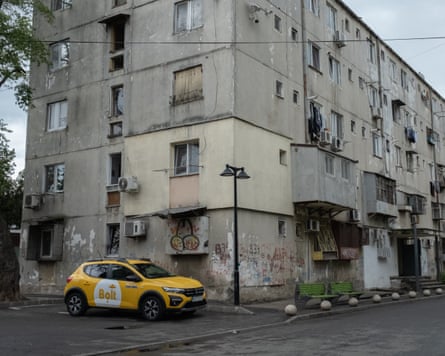
Ștefan Șerban, 69, sitting on a bench with his friend Nicolae Carja, 74, said life had been better under the former Communist dictator, Nicolae Ceauşescu. “We were a rich country then,” he said. “Industry, petrol, gas, goldmines. And no debt.”
Now, said Carja: “We have a mountain of debt. And we’ve sold everything we had to foreigners. It won’t be easy for Simion; he will have to fight hard and it may take a few years. But I think he really wants to shake things up – make people’s lives easier.”
Doina Radu said Simion meant “more jobs, better services, higher pensions”. He would do even better, she said, if, as he has promised, he makes Georgescu his prime minister. “That would really be a top team,” she said.
Simion, whose AUR party stands “for Christian faith, for family and for the love of our nation”, has moderated his rhetoric since sweeping the first round, arguing that he is an “EU-realist” rather than a sceptic, supports Nato membership and is not pro-Russia.
But he is an outspoken Trump fan, has compared the EU to the USSR, admires Viktor Orbàn – whom he has described as “a model” – and, like Hungary’s illiberal prime minister, he opposes aid to Ukraine. He says foreign companies are robbing Romania.
Simion has been banned from neighbouring Moldova for calling for its reintegration into Romania, and from Ukraine – part of which was, before 1940, also Romanian – for “systematic anti-Ukrainian activities … violating state sovereignty and territorial integrity”.
A Covid anti-vaxxer, Simion thinks “globalist elites” run the country. His rhetoric can be violent: he has called for rivals to be “skinned alive”, wondered of his critics “what will I do with you after 19 May?” and threatened to sexually assault a far-right MP.
In an already heavily indebted country with a near-junk credit rating and the highest budget deficit in the EU, his economic policies – nationalising utilities, slashing public-sector employment – and unpredictability have seriously spooked markets.
Yet some of Romania’s most disadvantaged people, including the historically marginalised Roma community, Europe’s largest, see him as their saviour. “They’ve been pushed into his arms,” said Nicu Dumitru of the NGO Roma for Democracy.
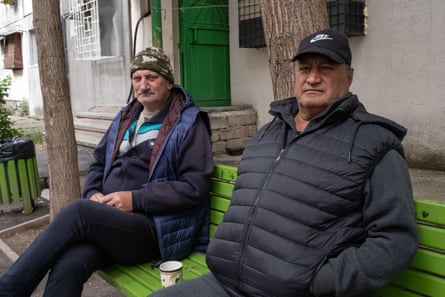
“They distrust the system and he’s not part of it. They’ve been denied the education to see through him,” he said of his community. “They are disappointed and disillusioned, they want a revolution and he is the only option.” Almost 50% of Roma cast their first-round vote for Simion.
after newsletter promotion
More alarming still, Dumitru said, is that this “has happened before. It’s a copy-paste of the 1930s and 40s” – when many Roma supported Romania’s powerful interwar fascist Legionary movement and brutal Iron Guard, led by Corneliu Codreanu.
Public anger at corrupt and ineffective mainstream politicians, high inequality and poor services plays a clear part in the present-day rise of Simion and Georgescu: household incomes are a third of the EU average; nearly 40% of Romania’s 19 million people are at risk of deprivation.
But, noted Pîrvulescu, the dean of the National University of Political Studies and Public Administration, Romania’s long history of far-right and fascist movements is also a factor. “This is not a rich country, but it’s not poor either,” he said.
EU membership had brought significant economic benefits since 2007, Pîrvulescu said; GDP per capita was greater than Hungary, Greece and Portugal. The minimum wage had risen by 80%. But the appeal of the nationalist authoritarianism runs deep.
After the war, Ceauşescu pioneered “national communism” around a profoundly nationalist glorification of Romanian history. As recently as 2000, a foul-mouthed, Holocaust-denying ultranationalist made it to the presidential runoff.
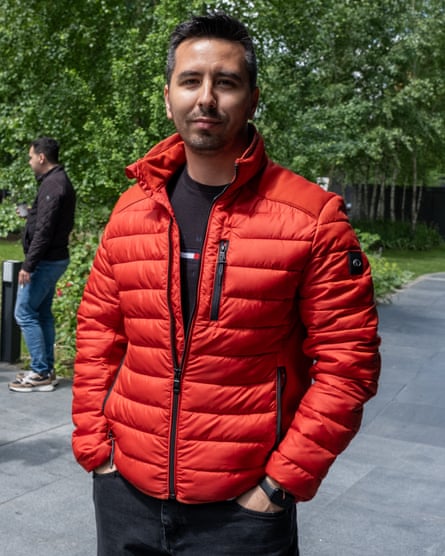
Polling by Grigore Pop-Eleches, a politics professor at Princeton, has found that voters expressing a “strong like” for Cordeanu and Ceauşescu are up to four times as likely to vote for Simion than those who strongly dislike the two authoritarian leaders.
But the far right’s current resurgence, Pîrvulescu said, had also been fuelled by Covid, which Simion’s AUR weaponised as a culture war battle, and the spread of conspiracy theories on social networks, including Kremlin-sponsored hybrid warfare.
Gelu Duminică, a sociologist and activist, pointed to straightforward democratic inexperience. “We had democracy for a decade in the 1930s, then barely three since the end of communism – for us, democracy still means ‘We can do what we want’,” he said.
Dan’s voters insist they are all too aware of the importance of Sunday’s vote. Back at the business park, Raluca, a thirtysomething IT worker who asked not to be further identified, said it was “simple. It could define our future for the next 20 years.”
Dan was a good candidate, she said: “He’s pro-European. Not corrupt. Respects the rule of law. He did a lot for Bucharest: fixed the water pipes, the buses.” Her colleague Richard said Dan was the first mayor to “actually tackle stuff, not just patch it up”.
Ionut Baban, 33, an IT manager, agreed. “Dan may not be a crowd-pleaser, but he will take logical, evidence-based decisions,” he said. “Simion’s a mouthy provocateur. Between a mathematician and a Trump-loving hooligan, I know my preference.”
Few doubt the consequences of a Simion victory. Elena Calistru, a civil society activist and cofounder of the Funky Citizens NGO, which Simion has warned will be “held accountable … for stirring up things that don’t exist”, said the fallout would not be confined to Romania.
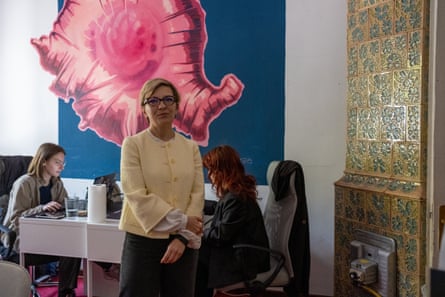
“The president runs foreign policy and attends EU leaders’ summits,” she said. “That means decisions on the next seven-year budget, defence, enlargement – including Ukraine. The scope for disruption is enormous.” Domestically, she fears the worst.
“The president is not particularly powerful, but he has a very visible pulpit he can use to become a real player,” she said. “He can send bills back to parliament. He makes the big judicial and intelligence appointments. He appoints the prime minister.”
Crucially, he can also dissolve parliament if MPs twice reject his proposals for prime minister – and the centre-left Social Democrats (PSD) and centre-right Liberals (PNL), whose ruling coalition collapsed this month, are desperate to avoid fresh elections.
That, Calistru and others believe, could well lead to a minority far-right government led by Simion’s AUR – parliament’s second-biggest party – and backed by an “opportunistic” PSD, or even, if enough MPs switch parties, to a far-right majority.
“And that would be a recipe,” she said, “for disaster.”

 3 months ago
43
3 months ago
43


